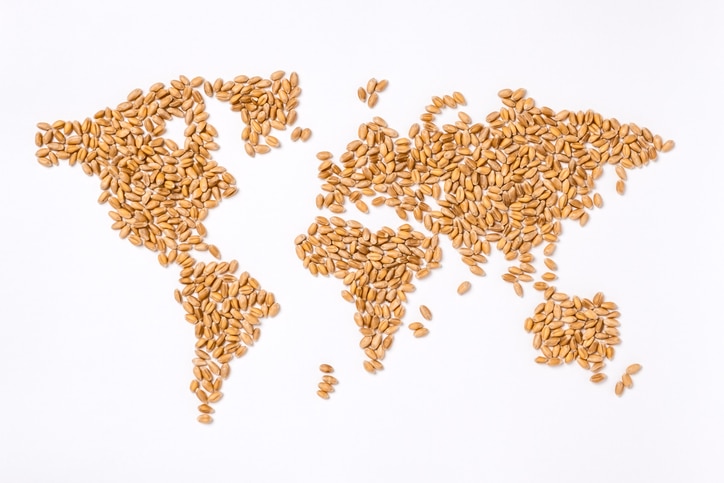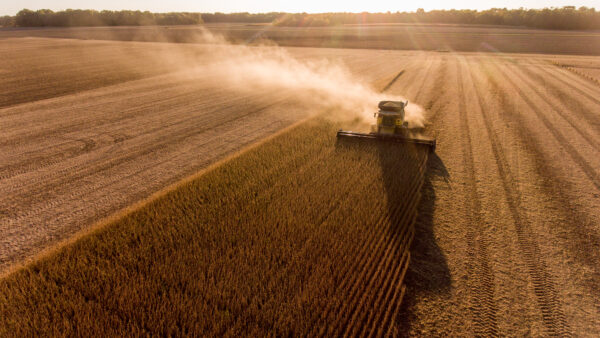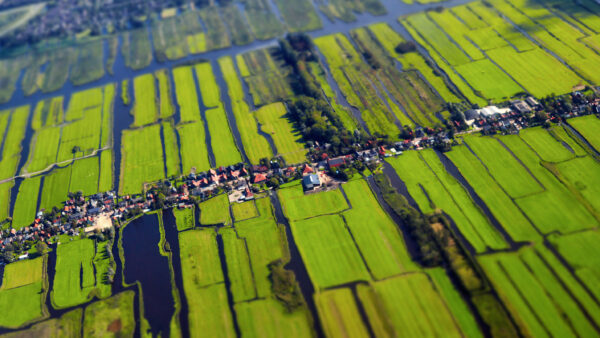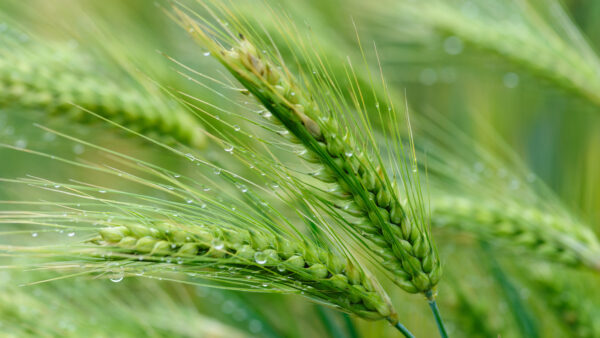Seed companies are innovating to maximize crop yield, prioritize sustainability, increase productivity and efficiency.
With growing populations and climate uncertainty, the imperative to combat hunger is urgent. It’s no surprise that the seed industry plays a pivotal role in this global challenge. Through innovations in seed technology and strategic partnerships, the industry is making strides toward stamping out hunger.
A cornerstone of the seed industry’s effort is developing maximum-yield, climate-resilient seed varieties. These seeds are designed to thrive in diverse and often harsh conditions, ensuring that farmers can grow ample food amid environmental challenges. For instance, drought-tolerant seeds allow for productive agriculture in arid regions, transforming previously barren landscapes into fertile farmlands. Similarly, flood-resistant seeds prevent crop devastation in areas prone to excessive rainfall, securing food supply and farmers’ livelihoods.
Equally important is the seed industry’s focus on nutritional quality. Biofortified crops, which have been enhanced to contain higher levels of vitamins and minerals, are a game-changer in fighting malnutrition. In regions where dietary diversity is limited, these enhanced seeds offer a path to improved health and well-being for vulnerable populations.
Collaboration is key to these efforts. The seed industry actively partners with governments, NGOs, and agricultural experts to ensure that seeds reach those who need them most. These partnerships are crucial in building the infrastructure and knowledge necessary for sustainable agricultural practices. By providing farmers with access to quality seeds and training them in best practices, the industry is helping to create a more secure and sustainable food system.
Moreover, the industry’s commitment to affordability ensures that progress in seed technology translates into real-world impact. By working to keep prices accessible, the seed industry ensures that smallholder farmers, who are often the most affected by food insecurity, can benefit from these innovations. This approach not only aids in alleviating immediate hunger but also empowers communities to build self-sufficient futures.
Critics often point to the risks of monopolization and dependency on commercial seeds. While these concerns are valid, the industry has shown a growing awareness and responsiveness. Many companies are investing in programs that support seed sovereignty and promote open-source seed initiatives, which allow farmers to save and share seeds freely, thereby fostering biodiversity and resilience in local agriculture.
In conclusion, the seed industry’s role in combating global hunger is multifaceted and profound. Through the development of innovative, resilient, and nutritious seeds, coupled with efforts to ensure accessibility and foster collaboration, the industry is not just sowing seeds of change—it’s planting the foundations of a future free from hunger. As the world continues to face the dual challenges of population growth and climate change, the work of the seed industry will remain crucial in ensuring food security for all.












